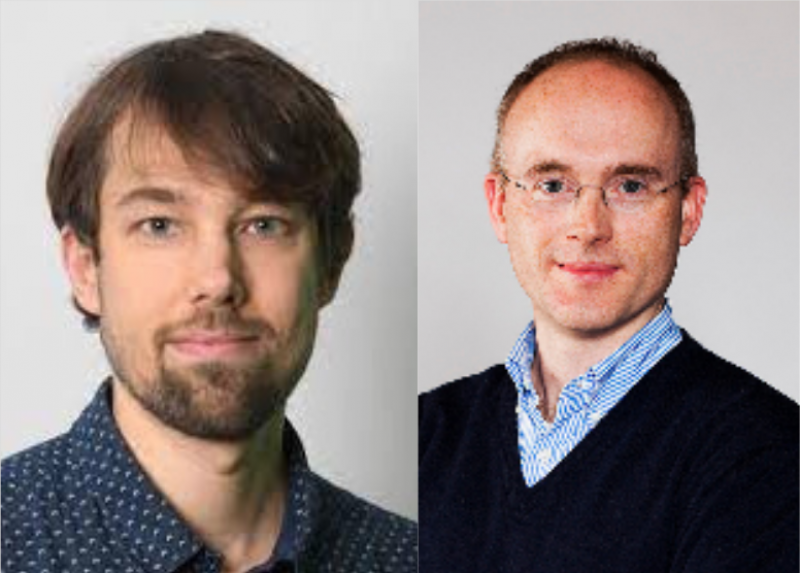Paper by Paul Pelzl and Steven Poelhekke published in the Journal of International Economics
The article ‘Good mine, bad mine: Natural resource heterogeneity and Dutch disease in Indonesia' by TI alumnus Paul Pelzl (Norwegian School of Economics, Norway) and research fellow Steven Poelhekke (Vrije Universiteit Amsterdam and University of Auckland, New Zealand) has been published in the Journal of International Economics.

Abstract
We analyze the local effect of exogenous shocks to the value of mineral deposits on a panel of manufacturing plants in Indonesia. We introduce heterogeneity in natural resource extraction methods, which helps to explain the mixed evidence found in the ‘Dutch disease’ literature. In districts where mineral extraction is relatively capital intensive, mining booms cause virtually no upward pressure on manufacturing wages, and both producers of more heavily traded and relatively less-traded manufacturing goods benefit from mining booms in terms of employment. In contrast, labor-intensive mining booms drive up local wages such that heavily traded goods producers respond by reducing employment.
Article Citation:
Paul Pelzl and Steven Poelhekke, “Good mine, bad mine: Natural resource heterogeneity and Dutch disease in Indonesia”, Journal of International Economics, Volume 131, July 2021, 103457, Online March 13, 2021, https://doi.org/10.1016/j.jinteco.2021.103457.